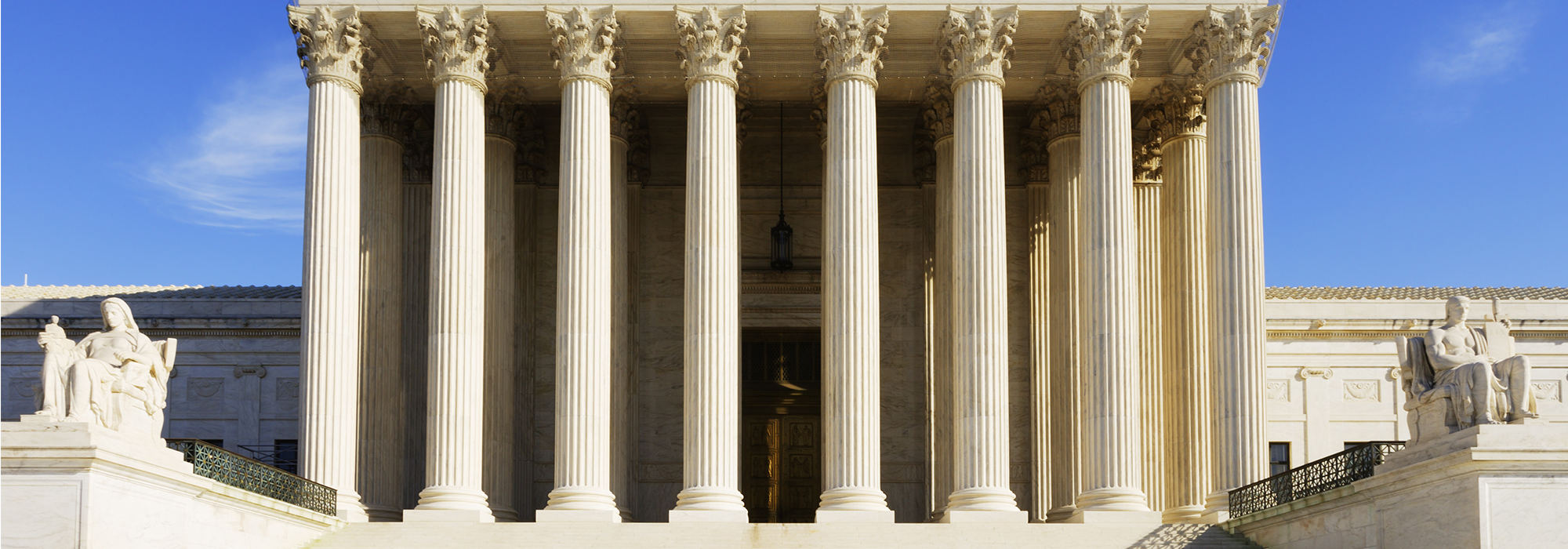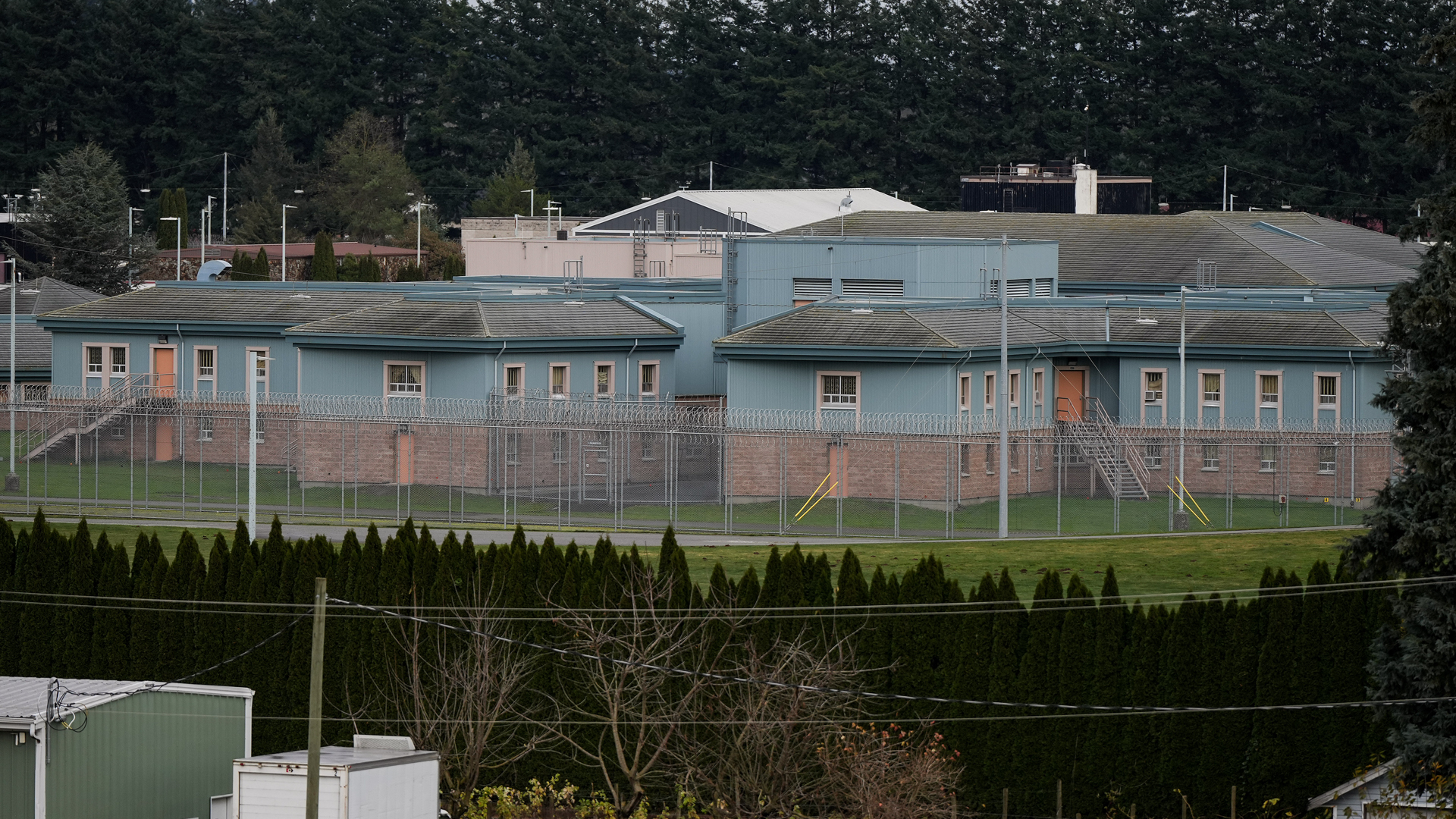
The death of Antonin Scalia, probably the best-known judge of the U.S. Supreme Court, has provoked an outpouring of reactions, including in Canada. Justice Scalia famously, or notoriously, championed―and had helped develop―the idea that the meaning of Constitution of the United States had not changed since its provisions were ratified, and that had to be applied accordingly by the courts: “originalism.” Necessarily, an assessment of the late Justice is an assessment of the jurisprudential approach with which he was so closely identified, and countless Canadian commentators have taken the opportunity to repeat the dismissals of originalism that have long been traditional in Canada. They should instead have taken the opportunity to confront this theory.
Those of us who were lucky enough to be there have been thinking back to what L. Ian MacDonald dubbed “the great constitutional smackdown of 2007” ― a debate about “judging in a democracy” between Justice Scalia and his then colleague of the Supreme Court of Canada, Justice Ian Binnie. After that debate, Justice Scalia stayed on to talk to a restive crowd of students, yours truly among them. He engaged, debated, and confronted our views, although he had to know that he would have few friends in that crowd, and despite having no particular need to win over young people in a foreign country. While at his judicial worst Justice Scalia could be close-minded and dismissive, we were privileged to meet Antonin Scalia at his human best. This, as I have said at my own blog, is how I will remember him.
It is too bad that many of those who disagree with Justice Scalia do not repay him the compliment of listening to and engaging with his views. Indeed, they often resort to caricaturing them, the better to dismiss them. Thus Mr. MacDonald suggests that originalism might require Justice Scalia to deny the legitimacy of any political process not found in the constitutional text ― such as confirmation hearings before the Senate’s judiciary committee for prospective judges. I suppose this is intended to make originalism look silly, but of course, no originalist believes such a thing. What the constitution does say, Justice Scalia argued, must be interpreted in accordance with its original meaning. But he certainly did not think that nothing could be added to the bare-bones structure of government that it created. (The U.S. Constitution does not specify the number of judges the Supreme Court is supposed to have. Does Mr. MacDonald think Justice Scalia should have thought his own seat on the Court illegitimate for that reason?)
The challenge of originalism ― to borrow a phrase used by Grant Huscroft and Bradley Miller as a title for a collection of essays they edited on the topic ― cannot simply be waved off. For one thing, co-blogger Benjamin Oliphant and yours truly have argued that originalism plays a non-negligible role in Canadian constitutional law. We hope to have more to say about this soon. But it is also the case, I believe, that the case for originalism is more compelling than Canadians usually care to admit. To be sure, after the great smackdown, I was firmly in Justice Binnie’s living constitutionalist corner. I’m not at all sure of still being there.
There are at least three main arguments for originalism. One is based on the Rule of Law. If the Rule of Law requires stable rules publicly announced in advance of their application, as all agree that it does; and if the constitution is the supreme law, as ours says that it is; then surely the law of the constitution must consist of stable, publicly known rules. This it cannot do if it can be re-written by five judges whenever occasion for such re-writing arises, yet that’s precisely what treating the constitution as a “living tree” allows. Another argument for originalism is based on democracy. The voters, or their representatives, agreed on a given text with a given meaning, so by what right does anyone change the meaning on which they agreed? How dare anyone upset the compromises they made? Why don’t they simply go through the same process again? Last but not least, if a constitution is to limit the power of government, it needs to limit the power of the judicial branch as well as that of the legislative and the executive. But if the courts can always re-interpret the constitution, it seems to follow that it does not bind them, and that indeed that the courts are supreme in our constitutional system, not the constitution itself.
To be sure there are counter-arguments, but they are not as strong as is often supposed. Constitutions are often written in language that seems to create flexible standards rather than firm rules. But while there is a case, accepted by many originalists, for allowing the application of standards to evolve over time, that in itself doesn’t prove that we should treat the rules as having no fixed meaning. The democratic processes that led to the development of constitutional texts were imperfect. But then, adjudication is less democratic still. It may be useful to empower courts to protect citizens from the over-reach of elected officials, and indeed I have argued that it may be precisely because Canadians, unlike Americans, tend to see courts as protectors rather than as potential usurpers that they tend to reject originalism. But while the judiciary is indeed the least dangerous branch of government, as Alexander Hamilton had already observed, this does not mean that they cannot confer special privileges on some favoured group of people, undermine institutions, or even treat the constitutional text as a mere façade, to the great edifice behind which only judges have access.
There would, of course, be much more to say against originalism, as well as for it. I do not suppose to convert anyone to it in a blog post, and indeed my own normative views on it are evolving, as one might say. But I hope that I have said enough to show that it is a theory that deserves more than casual dismissals. It is not self-evidently wrong or implausible. Indeed it might just be right. If you think that it is not, you should be willing to defend your opinion ― just like the late Justice Scalia was always willing to defend his.







